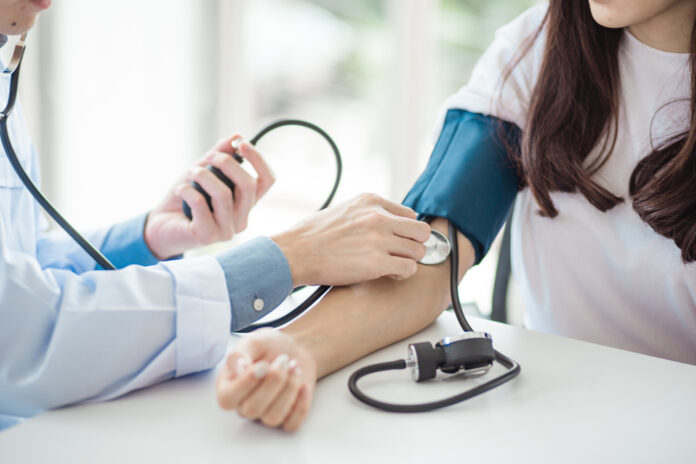
You can’t see high blood pressure, and people often don’t feel it. But whether you’re one of the 116 million Americans who have hypertension or you’ve been diagnosed with prehypertension, it’s crucial to understand its effects on your health and take steps right away to lower your readings.
What Is Blood Pressure?
When your blood exerts pressure on the artery’s inner walls, it is known as blood pressure. It usually fluctuates throughout the day, dropping when you’re at ease or asleep, rising naturally in the morning, and briefly rising when you’re stressed, excited, or working out.
However, resting blood pressure that is too high can scar, stiffen, and damage blood vessels. This effect can increase your chance of dementia, renal illness, vision loss, heart failure, and circulation issues, including peripheral artery. High blood pressure can also weaken your bones and increase your risk of erectile dysfunction in males.
What Causes High Blood Pressure?
If you smoke, are overweight, consume a diet heavy in fat and salt and low in fruits and vegetables, drink excessive amounts of alcohol, experience chronic stress, or don’t engage in much physical activity, you may be at an elevated risk for high blood pressure.
Some factors, such as your genes and race, are uncontrollable and contribute to high blood pressure. For instance, African Americans are at a higher risk due to race. Aging also has an impact. Your lifetime risk of acquiring hypertension is a startling 90%, even if you do not have it by age 55 to 65.
Ways to Control High Blood Pressure
A healthy lifestyle protects against high blood pressure’s harmful effects. These strategies can lessen your risk and your blood pressure if you already have it.
Weight-loss: Extra weight, especially abdominal fat, can elevate blood pressure by increasing blood volume and altering hormone balance. Even minor weight loss can make a lot of difference.
Reduce drinking: Moderation is key. While a bit of alcohol may relax arteries, too much has the reverse effect.
Get moving: Exercise keeps arteries flexible and reduces sympathetic nervous system activity, which can tighten blood vessels and raise blood pressure.
Eat your way to healthier blood pressure: The minerals calcium, magnesium, and potassium assist your body in managing blood pressure. On the other hand, sodium, found in many processed foods, can cause blood vessel constriction and water retention. Saturated fat may also raise blood pressure.
Relax: Mind-body therapies may reduce blood pressure or risk, although stress raises blood pressure briefly. Regularly practicing stress-soothing techniques like breathing exercises, progressive relaxation, and fitness will help you feel better and make beneficial changes simpler. Meditation may also reduce the risk of heart attacks and strokes.
https://www.ncbi.nlm.nih.gov/books/NBK9636/#:~:text=Framingham%20Heart%20Study%20investigators%20recently,%E2%80%9385%20(figure%208).
https://www.cdc.gov/bloodpressure/facts.htm
https://my.clevelandclinic.org/health/diseases/4314-hypertension-high-blood-pressure


















